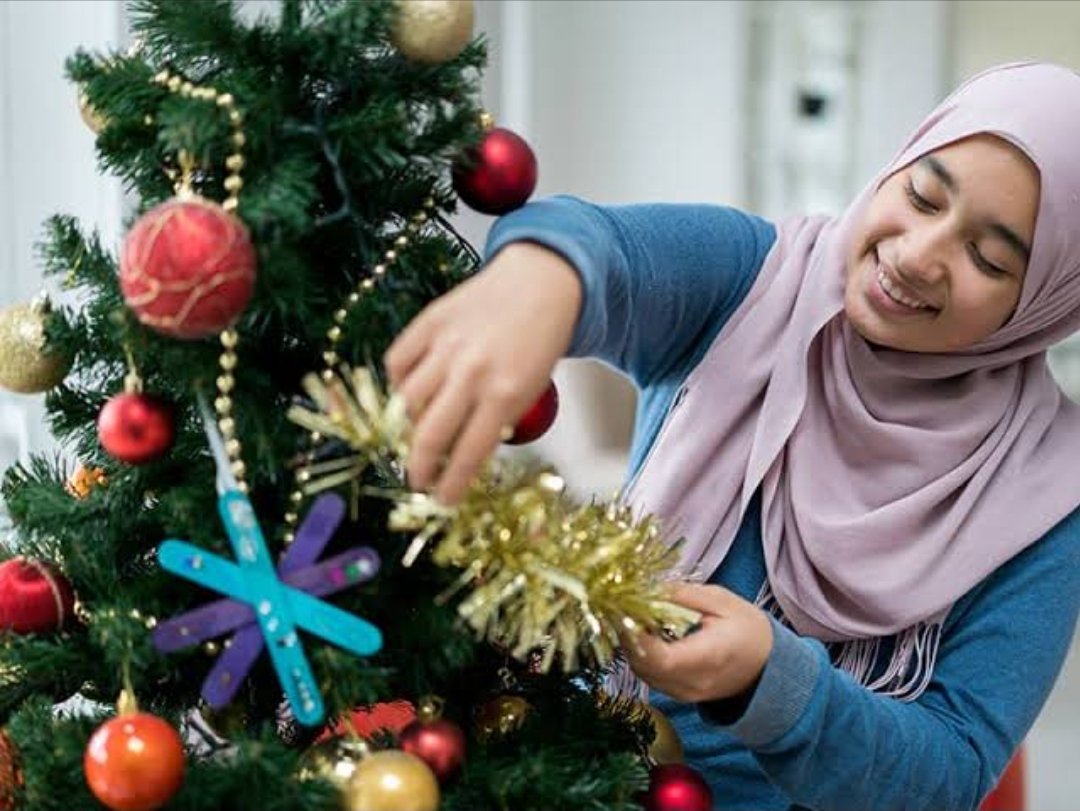Introduction
Christmas is one of the most widely celebrated holidays globally, marked by festive decorations, gift-giving, and family gatherings. Rooted in the Christian tradition, Christmas commemorates the birth of Jesus Christ. However, with the world becoming increasingly interconnected and diverse, questions often arise about how people of different faiths, including Muslims, observe or respond to Christmas. This article explores whether do Muslims celebrate Christmas and delves into the broader context of interfaith respect and traditions.
Islamic Perspective on Christmas
Islam is a monotheistic faith that reveres Jesus (known as Isa in Arabic) as a significant prophet but does not consider him the son of God or the savior of humanity, as Christianity does. Therefore, Christmas, which celebrates the birth of Jesus Christ in a theological context that includes the concept of the Trinity and the incarnation, is not a religious observance in Islam.
Muslims have their own religious holidays, such as Eid al-Fitr, marking the end of Ramadan, and Eid al-Adha, commemorating the willingness of Prophet Ibrahim (Abraham) to sacrifice his son in obedience to God. These holidays have distinct religious significance and rituals specific to the Islamic faith.
Cultural Interactions and Personal Choices
Despite the theological differences, the way Muslims interact with Christmas can vary significantly based on cultural context, personal choice, and geographical location. In predominantly Muslim countries, Christmas might pass as a regular day with little to no public celebration. However, in countries with significant Christian populations or in secular societies, the interaction can be different.
Muslims in Multicultural Societies
In multicultural societies, Muslims often engage with Christmas in ways that respect their own beliefs while also acknowledging the customs of their friends, colleagues, and neighbors. This engagement can range from participating in holiday festivities to simply enjoying the seasonal atmosphere. Some common ways Muslims might interact with Christmas include:
- Social Participation: Many Muslims participate in holiday events such as office parties, school celebrations, and community gatherings. These events are often seen as cultural rather than religious, allowing Muslims to engage in the festive spirit without compromising their faith.
- Gift-Giving: In the spirit of generosity and friendship, some Muslims exchange gifts with their Christian friends and neighbors during the holiday season. This gesture is more about sharing joy and goodwill rather than religious endorsement.
- Educational Engagement: For Muslim children in multicultural environments, learning about Christmas can be part of a broader education about different cultures and traditions. This understanding fosters mutual respect and coexistence.
Interfaith Families
In families where one partner is Muslim and the other Christian, celebrating both sets of religious holidays can be a way to honor both traditions. These families might have Christmas trees and decorations, participate in holiday meals, and exchange gifts, while also observing Islamic traditions and holidays. This approach requires open communication, respect, and understanding within the family to ensure that both faiths are honored.
Respecting Differences and Building Bridges
Respecting religious differences and building interfaith bridges is crucial in today’s diverse world. Here are some ways to foster mutual respect and understanding during the holiday season:
- Open Dialogue: Encourage open and respectful conversations about different religious beliefs and practices. This helps dispel myths and misconceptions and promotes understanding.
- Inclusive Celebrations: When organizing community or workplace celebrations, consider ways to make them inclusive. For example, focus on universal themes such as generosity, kindness, and community rather than specific religious symbols or practices.
- Educational Initiatives: Schools and workplaces can organize educational sessions about various religious holidays, including Christmas, Eid, Hanukkah, and Diwali. These initiatives can help everyone appreciate the diverse ways people celebrate their faith and traditions.
- Personal Boundaries: Respect individual choices regarding participation in holiday activities. Understand that some Muslims may choose not to engage in Christmas celebrations for religious reasons, and this decision should be respected without pressure or judgment.
Conclusion
Muslims, like people of all faiths, navigate their interactions with Christmas based on a combination of religious beliefs, cultural practices, and personal choices. While Christmas is not a religious holiday in Islam, many Muslims in multicultural societies find ways to engage with the festive season respectfully and inclusively. By fostering open dialogue, respecting differences, and celebrating shared values, we can create a more understanding and harmonious world where diverse traditions are appreciated and honored.
